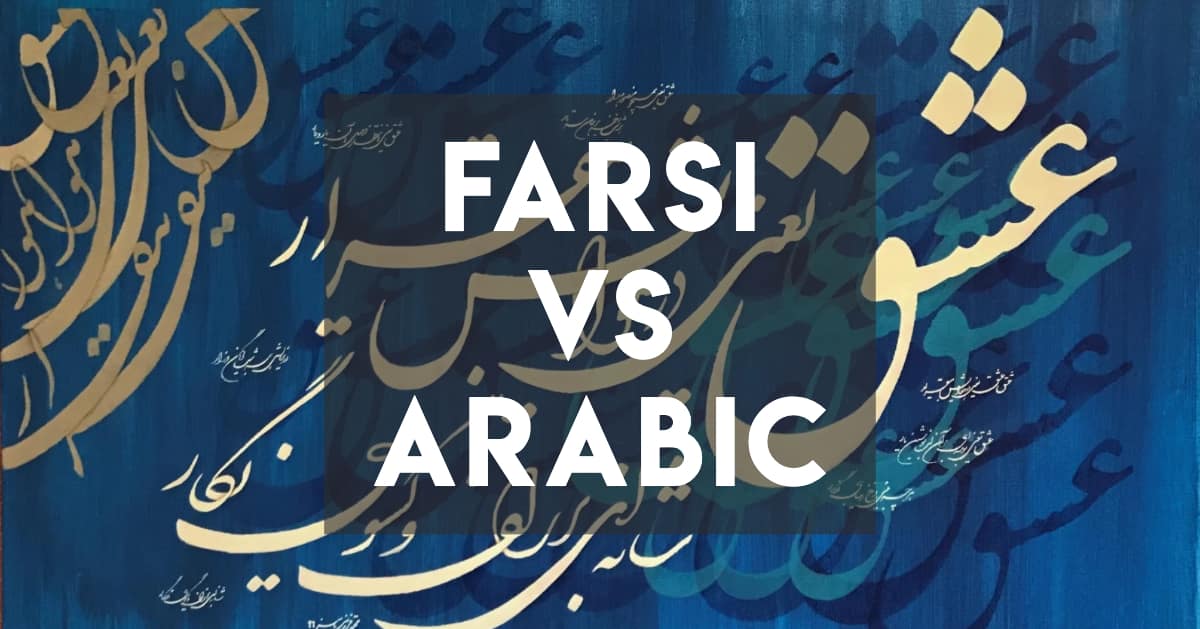Originally published on 7/12/20 on Quora and can be accessed here.
It is true that Quran carries many words that are similar to Persian sounding words which led towards the belief by many that Quran may have borrowed those words from Persian language and Arabicized them. Apparently this may sound true when comparing those words between Arabic and Persian but when one researches deeper in to this matter, its revealed that it actually, may be Persian language and culture that borrowed Arabic terms and Persianized them, and not the other way around. Below are discussed some of the famous Arabic terms in the Quran that are also found in Persian language.
The word “paradise” comes from Greek parádeisos which originates in Persian from Avestan (Zoroastrian scripture) pairidaēza meaning “enclosure, park”. It is commonly understood that Al Firdaws (Al Quran 23:11 and 18:92), the highest place in Jannah which contains everything, is Arabicized form of pairidaēza. But there is a disagreement among Islamic scholars from early Islam that Quran contains any Arabicized words, they claim all words are originally Arabic. This may be true of Al Firdaws also because paradise is actually called Jannah in Quran and then you have other grades called Al Khuld, illiyyin etc. So Quran refers to each place in paradise with a term based on the honor and pleasures, entertainment etc and Al Firdaws is one of them. Another term in Quran hijarah min sijjil (Al Quran 11:82) meaning “stones of burned or dried clay” where sijjil meaning “baked or burned clay” is said to have come from Persian sangi gil which means "clay-stone" or "petrified clay" however sijjil is not only “dried clay” or “burned clay” but sijjilun in Arabic also means "a writing", and secondarily, "something that has been decreed" and hijarah min sijjil can mean “stones that are decisively decreed” as a punishment to Prophet Lot’s (Lut) people, and sangi gil does not have a vast meaning. At another place Quran mentions the word matar (Al Quran 26:173) meaning “rained upon them” where matar is a rain of punishment as opposed to rain called rahma (mercy) in other places in the Quran, for Lot’s people, as a punishment in reference to the lava stones or stones that rained on them. The term sundus (Al Quran 18:31) meaning “silk” in reference to garments of jannah (paradise) is also claimed to be of Persian origin. However, Quran does not only use that word but also uses the term istabraq (Al Quran 18:31) and hareer (Al Quran 22:23) for “silk” garments. These points are sufficient to doubt the fact that Quran borrowed Persian terms, in fact this points us that due to the large variety of Arabic terms that carry similar meaning, it may be that some were Persianized and used in Persian culture.
References:
Muhammad Asad - Message of the Quran - Chapter 98









0 Comments